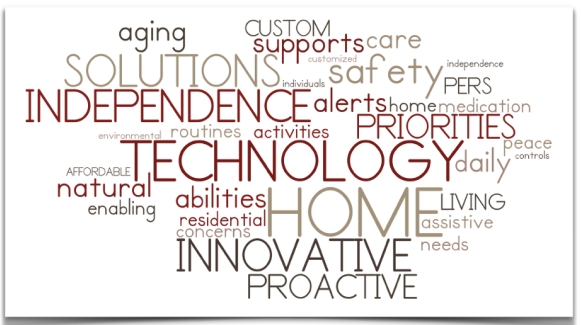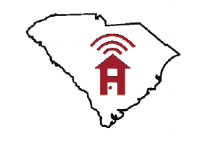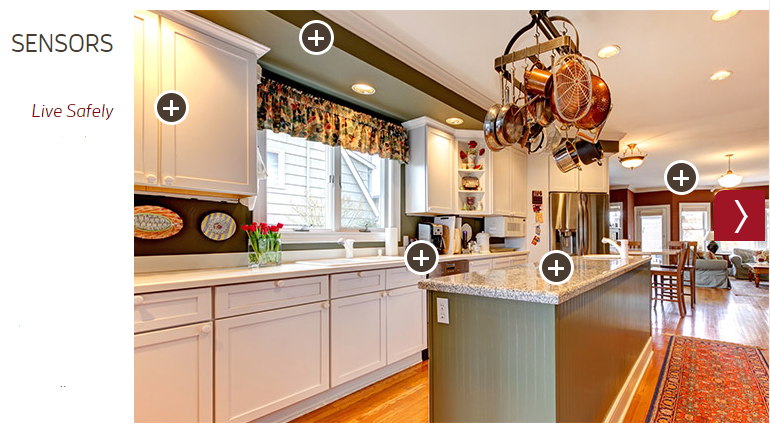ANCOR’s statement marks a pivotal moment for providers seeking to keep up with changing resources and for states that face long waiting lists. SimplyHome's Jason Ray explains why this is such a big moment for ANCOR: “ANCOR is not merely saying that incorporating technology is important -- they’re saying it is a requirement for providers to remain sustainable in the future and to meet the requirements of the HCBS final rule and Olmstead."
Read MoreSimplyHome asked Brian a few questions about his life after Extreme Makeover, how technology impacts his life today, and where his goals will lead him next!
Read MoreIf you are interested in exploring assistive technology to promote an individual’s independence, the first step is completing an online intake form. Once our customer service team receives the completed intake form, we will schedule a complimentary over-the-phone assessment.
Read MoreDavid Maennle’s story is a great example of how technology can promote independence and create customized outcomes for people with disabilities. David Maennle is an accomplished young man with Down syndrome who won’t take no for an answer.
Read MoreWhen using the new SimplyHome platform, Veterans and Service members with physical disabilities will be able to issue single voice commands to accomplish complex sequences of pre-customized actions. A single command such as "time to go to bed" can lock doors, set the thermostat, and turn off lights in the home.
Read MoreProviders in the state of New York are empowering individuals to live independently in the community, and saving money at the same time.
Read MoreSimplyHome, LLC has been awarded a Specially Adapted Housing Assistive Technology Grant (SAHAT) by the Veterans Benefit Administration. The purpose of the SAHAT grant program is to improve home adaptions or enhance a Veteran's or Servicemember's ability to live independently, such as voice-recognition and voice-command operations, living environment controls, and adaptive feeding equipment.
Read MoreA new bill, Kevin and Avonte’s Law, has the potential to assist caregivers and families who have loved ones with Alzheimer’s or Autism with a tendency to wander.
Read MoreWe’re excited to announce SimplyHome has been awarded the 2016 Sky High Growth Award by the Asheville Chamber of Commerce. This award, based on growth in revenue and employment, also recognizes 35 other companies in Asheville. We believe our growth has been parallel to that of Asheville and the work we do reflects the work of this city.
Read MoreSimplyHome technology engages local, familiar and natural supports so they can be available when they’re needed, instead of being at a site all the time just in case there is a need.
This week is NYSACRA’s 39th Annual Conference, “Listen Up,” taking place April 19th - 22nd. Our New York partner Meghan O’Sullivan will be speaking about the types of technology available and the outcomes of a grant recently administered by NYSACRA.
Read MoreThe Ring Video doorbell enables family, friends and caregivers to be notified of any activity at an individual’s front door, day or night, and then speak with the visitor.
Read MoreBefore the Charles Lea Center outfitted the apartment with “smart” technology, Dodd had to have someone with him at all times. That Dodd is able to live by himself is a remarkable achievement given what he's gone through medically. During a visit to the hospital for surgery a few years ago, Dodd told the staff he wanted them to help him find an apartment in which he could live on his own. “They said, 'Oh, you can't do that.' And I was like, 'I'll show you I can do it. I know I can.'
Read MoreThe Charles Lea Center (CLC) began creating programs with technology in 2010 in order to offer people with disabilities an opportunity to develop skills, promote independence and empower people to live in their own homes. Since then, SimplyHome has continued to work with CLC to help them employ and benefit from the efficacy of such technology.
Read MoreWhat is your organization's climate like? How does it affect employees with disabilities?
Read More"For so many people I meet, it is their support systems, not their support needs, that create the challenge."
Read More














